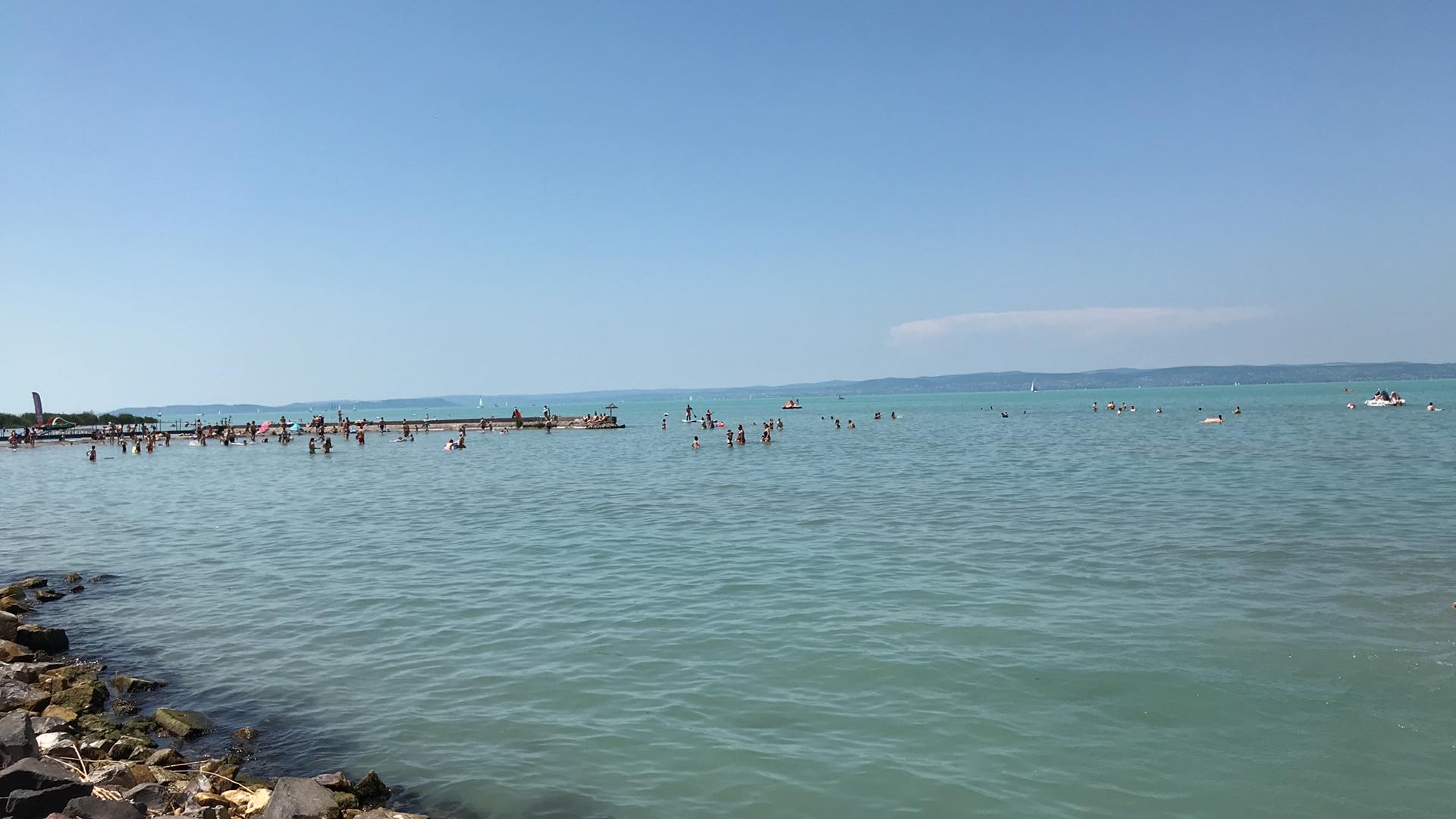Lake Balaton, the largest freshwater lake in Central Europe, has long been a beloved natural treasure of Hungary. However, recent scientific findings indicate that this iconic lake is undergoing dramatic changes, primarily due to climate change and its multifaceted effects. Over the past 150 years, the water temperature of Lake Balaton has risen by 2.2 degrees Celsius, with the majority of this increase occurring in the last 30 years. This phenomenon poses significant risks not only to the lake’s ecology but also to the region’s water management strategies, agriculture, and overall biodiversity.
Rising Water Temperature: An Alarming Trend
Recent studies have shown that the rise in temperature is not merely a localized issue but a sign of broader climatic shifts affecting ecosystems globally. An increase of approximately 1.7 °C in the last 25 years has led to alarming ecological consequences, including intensified algal blooms, which threaten aquatic life and the health of the surrounding environment. The warming of the lake exacerbates problems regarding nutrient loading, leading to a vicious cycle of algal growth and degradation of water quality.
The Shift Toward Mediterranean Conditions
Experts like Dr. Viktor Tóth, a leading researcher from the HUN-REN Balaton Limnological Research Institute, have suggested that the Balaton could become more Mediterranean in nature. This transformation would inevitably lead to significant ecological ramifications. As invasive species thrive and native biodiversity suffers, the delicate balance that sustains the lake’s ecosystem is jeopardized. Such changes could redefine not only the biological inventory of Lake Balaton but also its role as a key recreational destination for both locals and tourists.
Drought and Water Resource Management
Simultaneously, Hungary is experiencing widespread drought conditions, with approximately 80% of the country affected. The diminishing water levels are putting additional stress on irrigation systems critical for agriculture. As precipitation patterns shift, water scarcity is becoming a pressing issue. Agricultural experts emphasize the urgent need for improved irrigation practices and water retention strategies to combat these pressing concerns.
To mitigate the effects of water scarcity and to ensure food security, innovative water management solutions are necessary. Techniques such as rainwater harvesting, sustainable irrigation practices, and enhancements in water use efficiency can aid in reducing reliance on diminishing water supplies. Additionally, re-establishing the natural fluctuation of water levels could enhance ecological resilience, allowing for better adaptation to the changing climate.
The Call for Immediate Action
Given these challenges, there is a growing consensus among scientists, policymakers, and environmentalists that proactive measures must be taken to protect Lake Balaton for future generations. This includes developing comprehensive water management plans that consider the impacts of climate change, protecting the watershed, and investing in research to monitor and understand ongoing changes in the lake’s ecosystem.
The future of Lake Balaton hinges on collective action. By promoting awareness of the lake’s ecological importance and implementing sustainable practices, it is possible to respond effectively to the challenges posed by climate change. Protecting Lake Balaton is not just an environmental concern; it is a crucial step toward ensuring the cultural and historical legacy of this cherished region endures.
In conclusion, the alarming trends regarding Lake Balaton serve as a microcosm of global climate challenges. As the lake faces rising temperatures, ecological disruptions, and a diminishing water supply, immediate and concerted actions are essential. By addressing these issues through innovative water management strategies and promoting environmental stewardship, we can safeguard the future of Lake Balaton and the countless lives that depend on its health. (CIVILHETES)




